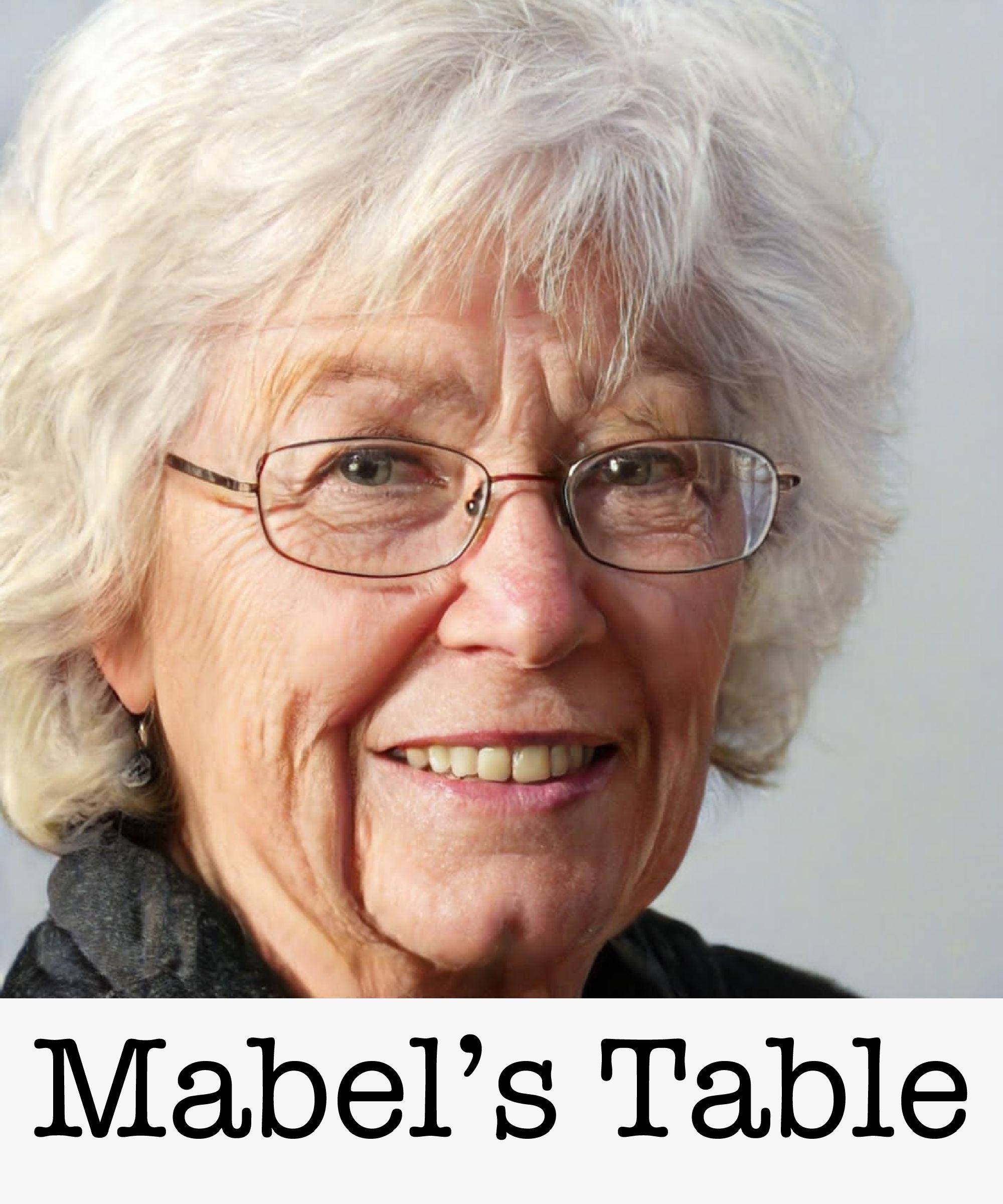Who, other than the CNMI BOOST committee, isn’t a fan of honest accounting? I live for a good, clean, well-kept set of books! Strictly uncooked, pot fabot!
Through my late husband’s good fortune and the little affair with the Congolese diamonds, I’m not exactly in the poorhouse. And like any doting supercentenarian, I like to support my oldest grandson, Orville (the one who’s a power bottom). I taught him how to forge my signature on my traveler’s checks, as long as he clearly specifies the nature of the expenditure IN THE MEMO FIELD.
Oh, my stars and garters, Orville does like to keep in shape! Like my idol, Jessica Fletcher, I did some checking-up on that. Great Scott! The $499 Orville claimed to have spent on “exercise equipment” was actually for a set of butt plugs! Stainless steel! And I won’t even mention what I found out about his supposed “gym membership!”
It all reminds me of the problem we’re having with the CNMI government being a bit low on its own spondulix, after the cool, steely eight-year reign of our former butt-plug of a governor. He didn’t invent our money problems, but he certainly did bring them to the surface. At the root of it all is that we’ve been mischaracterizing most of our government expenditures, long before Ralph’s symphony of destruction: in fact, it’s been happening ever since ever since.
You can see it in the discussions of government layoffs or reduced work hours. The point of contention by those objecting to CNMI government personnel cutbacks is always concern for the government employees’ livelihoods. The loss of government functions or services is never brought up — because everybody knows that most government jobs are more about providing sustenance to our people than about doing actual government work for the public.
There is a stigma around it. We like to say that we’re “hiring” people instead of honestly admitting that we’re giving them de facto welfare. There is no public-purpose justification for their “employment,” and even their most ardent supporters don’t claim that their “work” is needed by the people of the CNMI.
I always remind Orville that THERE’S NO SHAME IN BUYING A LIFETIME MEMBERSHIP TO THE PEACOCK SAUNA, and he doesn’t need to lie about the nature of the place, even if they do technically have a gym on the premises. And so it is with government welfare programs. Let’s just call them what they are. Let’s give people the welfare support they need, but let’s not pretend that they’re “working” or “performing government functions.”
Such an arrangement would bring even more benefits than a movie date with Lauren Boebert! First, we can budget honestly. We can be straight (so to speak) about where our public funds are going. Don’t we owe that to ourselves?
Stop pretending that the money is going for “public servants.” Stop coming up with useless new departments when you want to expand the de facto welfare rolls. There’s nothing wrong with welfare, as long as we’re honest with ourselves.
When we make government cutbacks, we can differentiate between those that will hurt government services provided to the public, and those that will merely hurt recipients of entitlement payments. Neither is a happy situation, but it seems cutbacks are inevitable — and it sure helps to know what it is that we’re cutting.
Calling welfare by its name (great movie, awful ending!) would also eliminate the need to pay the recipients’ health insurance (they’d likely qualify for Medicaid instead), as well as their cars, their offices, and their phones.
Many of our de facto welfare recipients working in the CNMI government are actually contributing negative net value to our economy: either by using their positions to extort bribes, or by the cost to our time and economic wellbeing posed by the very existence of their position. You didn’t seriously think we need zoning inspectors, building inspectors, fire inspectors, health inspectors, and worker’s compensation inspectors, did you? Or that the litany of offices, signatures, and fees necessary for any dealing with the CNMI government has any benefit to anyone except government employees?
Let’s stop the charade. Let’s give these people welfare checks, but get them away from putting the brakes on what little economic activity we have.
Coming out is never easy, though.
One problem with this plan is there are many federal grants to pay for government employees, but many fewer grants to pay for welfare payments.
And being honest about these “jobs” actually being welfare payments would also eliminate our politicians’ ability to give bigger de facto welfare payments to better-connected people. Everyone would need to be equal, or have payments based only on factual criteria such as family size, and not how well-connected they are. But is that such a bad thing, if we require all welfare recipients to be equal, while right now some CNMI government sinecures pay a thousand dollars a month, while others pay six times more?
Certainly, government “employees” would miss all the “meetings” at hotel buffets and “conferences” in Idaho — but so what? The money spent on those “meetings” and “conferences” can go right back in the public budget, and we can put it in our welfare recipients’ pockets if we so wish.
Lastly, of course, there’s the stigma. But this is self-perpetuating. If we refuse to call these “jobs” welfare, then we’re reinforcing the stigma of welfare. Let’s be honest and call welfare what it is.
Because there’s a real money problem in the CNMI government, and a pugua tax won’t fix it.
_____
Mabel Doge Luhan is a rootless cosmopolitan and a woman of loose morals. She resides in Kagman V, where she pursues her passions of crocheting, beatboxing, and falconry.





1 Comments
Joe
10/17/2023 at 8:54 AM
Good one jan Si Yu’us Ma’ase!